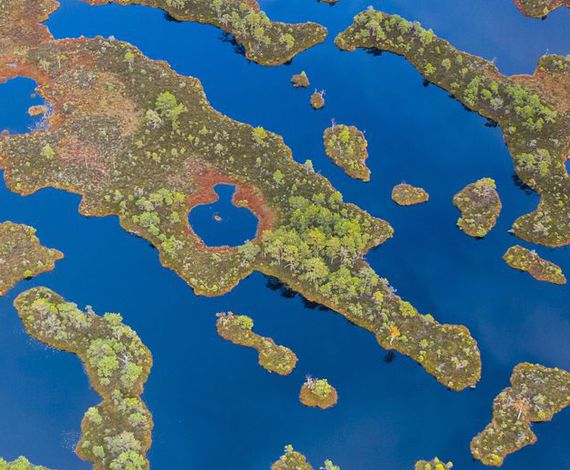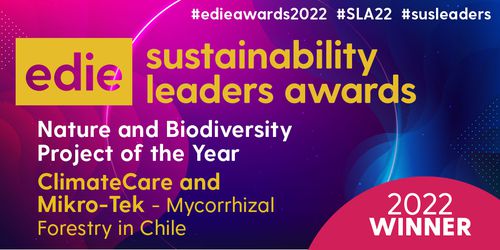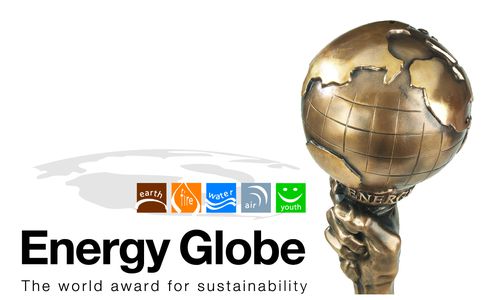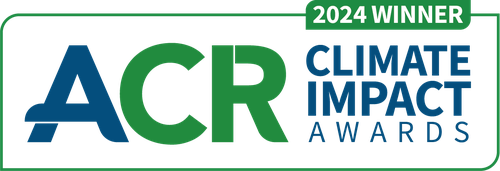Ever wondered how many carbon emissions are generated by online activity? Our updated infographic shows the level of CO2 emissions generated through emails, searches and cloud storage.
It also includes tips to reduce your internet carbon footprint by unsubscribing from email newsletters that no longer interest you, limiting your “reply all’s”, and using renewable-powered cloud services.

Take action today
The internet, email, and cloud-based services have cut down on tons of physical resources like paper. But the carbon emissions produced from manufacturing, powering, and cooling computers, smartphones, and data centers can add up. The greening of the internet is the next endeavor in our hyperconnected era.
We can’t sit back and wait for the internet to become net zero - it’s today's emissions that cause tomorrow’s climate change. We all need to take full responsibility for our digital carbon footprint today.
The energy used in our digital consumption collectively emits the equivalent amount of carbon as the entire airline industry.
Latest News

Groundbreaking AI platform launched to deliver real-time, personalised climate policy insights to corporates
Supported by Climate Impact Partners and with investor funding, Maiven, a new AI platform, provides personalised, real-time climate policy insights.
Read more
Climate Impact Partners Comments on SBTi's Corporate Net-Zero Standard V2
Climate Impact Partners' CEO, Sheri Hickok, shares views on SBTi's draft Corporate Net-Zero Standard V2, now open for consultation.
Read more
50 IDEAS FOR REDUCING YOUR CARBON FOOTPRINT
There are many ways to live a lower carbon lifestyle, and every one of them has a real impact on tackling climate change.
Read more
BUSTING CARBON OFFSETTING MYTHS
10 myths around net zero and carbon offsetting busted
Read more
CARBON OFFSETTING
We build portfolios of high-quality, high-impact solutions for clients
Read more
UK Peatland Restoration
An essential way to protect some of our most valuable natural capital that provides clean drinking water, flood mitigation & carbon storage
Learn moreThe Latest Insights From
Climate Impact Partners

SBTi Net Zero Draft V2.0: Your Key Questions Answered
Climate Impact Partners experts answer key questions on the SBTi's draft Corporate Net Zero Standard V2.0.
Read more
Navigating the SBTi's Proposed Net-Zero Revisions: Implications for Carbon Credits, Removals, and BVCM
An overview of the key updates from the SBTi’s proposed Corporate Net Zero Standard (V2.0) and implications for carbon credits.
Read more
Women Accelerating Action in the Carbon Markets
Women are shaping the future of carbon markets, while driving real impact, fostering equity, and ensuring climate finance delivers meaningful change.
Read more
